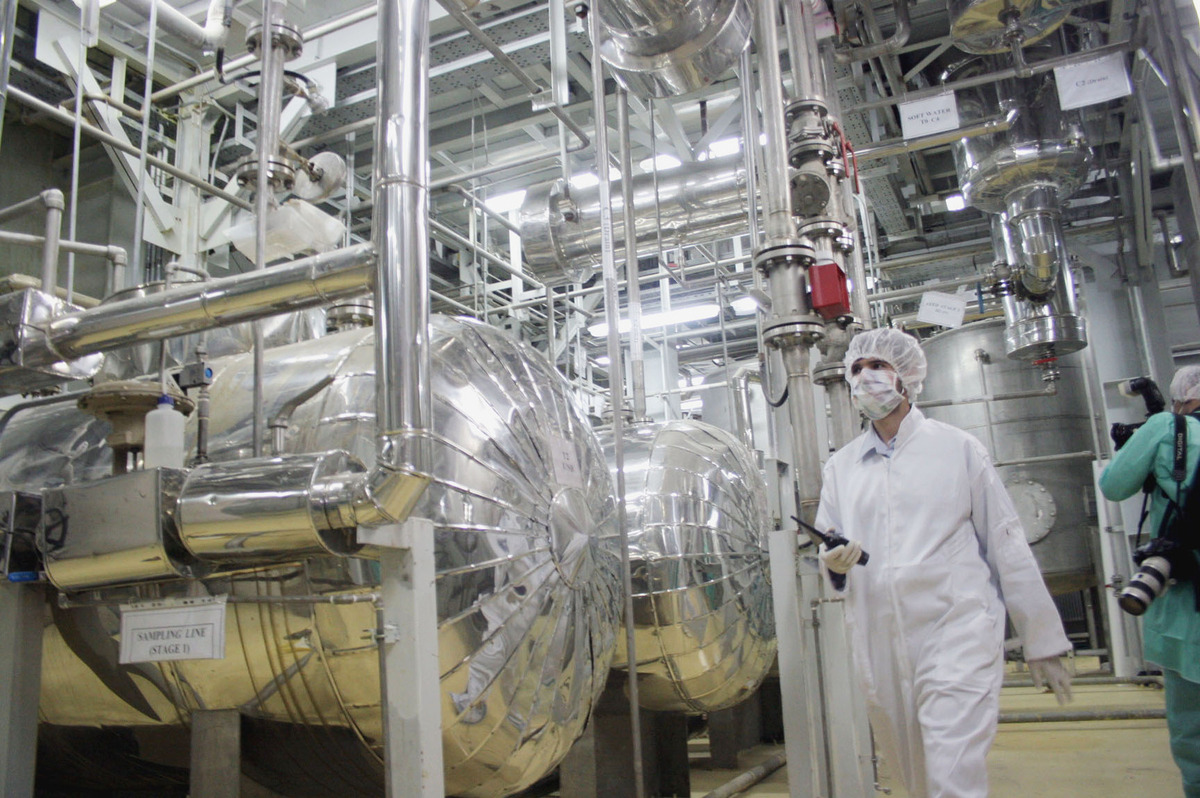What's New
A potential merger between Honda Motor and Nissan grabbed investor attention as Honda's stocks rose on Monday.
Why It Matters
Japanese automotive titans Honda and Nissan are working on a potential merger that would create the world's third-largest automaker as the global industry races to adapt to the electric vehicle (EV) revolution.
The merger comes at a pivotal moment for Japanese automakers, who have struggled to keep pace with global EV leaders like Tesla and BYD. Honda and Nissan plan to leverage their combined scale to invest in electric vehicle production, shared components and advanced software for autonomous driving.
What To Know
The companies announced Monday they had signed a memorandum of understanding and that smaller Nissan alliance member Mitsubishi Motors Corp. also had agreed to join the talks on integrating their businesses.
The proposed deal aims to unify operations under a joint holding company, led by Honda, while maintaining the distinct identities of each brand, according to Honda's president, Toshihiro Mibe. If finalized, the merger would position the combined entity to better compete with market leaders Toyota and Volkswagen.

Market Reaction and Industry Outlook
News of the merger sent shares of both companies soaring, with Honda's stock rising 3.8 percent and Nissan climbing 1.6 percent in Tokyo, reflecting optimism about the potential reshaping of the global automotive landscape. In addition, analysts believe the deal could spark further consolidation in the auto industry as companies seek to share costs and bolster innovation.
The merger could be valued at over $50 billion based on the market capitalization of Honda, Nissan and Mitsubishi. Together, they would produce roughly 8 million vehicles annually—still behind Toyota's 11.5 million but ahead of most competitors.
What Could the Merger Bring
Analysts highlight potential benefits for both companies. Honda could gain access to Nissan's expertise in large SUVs, EV batteries and hybrid technologies. Conversely, Nissan would benefit from Honda's operational efficiency and reputation for quality.
However, Nissan's troubled recent history could pose challenges. The automaker has faced financial struggles, management upheavals and reputational damage following the 2018 arrest of former chairman Carlos Ghosn.
What People Are Saying
Honda President Toshihiro Mibe said: "We have come to the realization that in order for both parties to be leaders in this mobility transformation, it is necessary to make a more bold change than a collaboration in specific areas."
While acknowledging the challenges ahead, he added that there are "points that need to be studied and discussed. Frankly speaking, the possibility of this not being implemented is not zero."
Nissan CEO Makoto Uchida said: "We anticipate that if this integration comes to fruition, we will be able to deliver even greater value to a wider customer base."
Cabinet Secretary Yoshimasa Hayashi said he would not comment on details of the automakers' plans at a routine briefing Monday, but he said Japanese companies need to stay competitive in the fast changing market.
"As the business environment surrounding the automobile industry largely changes, with competitiveness in storage batteries and software is increasingly important, we expect measures needed to survive international competition will be taken," Hayashi said.
Meanwhile, speaking Monday to reporters in Tokyo via a video link, Ghosn called the planned merger as a "desperate move."
What Happens Next
While the specifics of the merger remain unclear, Mibe said they aim to have a formal merger agreement by June and to complete the deal and list the holding company on the Tokyo Stock Exchange by August 2026.
This article includes reporting from The Associated Press.




















 English (US) ·
English (US) ·